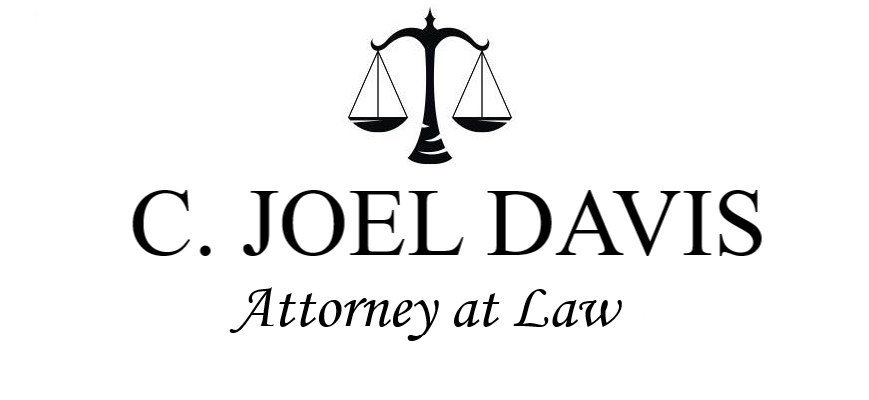Georgia law (O.C.G.A. 42-1-19(4)) allows individuals to petition to be removed from the Sex Offender Registry in certain circumstances. Every case is unique, but if (1) you have completed all terms of your sentence, (including all prison, parole, probation, and supervised release conditions) and (2) you have been leveled a level 1 risk by the Georgia Sexual Offender Registration Review Board, you may have good cause to petition to be removed from the registry. Even if you have not yet been leveled by the GSORRB, the court can order an assessment at no cost to you during the petition process.
The registry removal process is quite detailed so it is important to have an experienced attorney assist you throughout the process. Our firm has helped many clients successfully get off Georgia’s sexual offender registry. We have the skill and knowledge to help navigate the legal process. We make sure that our petitions are detail-specific so as to ensure the best possible chances of success. We provide vigorous representation in court arguing on behalf of our client’s right for registry removal. Additionally, our flat fee retainer ensures that you get effective representation every step of the way with no surprise costs.
We have developed a brief questionnaire to assist in understanding your options for registry removal.
Follow the link below and provide us with the required information and we will follow up with you to schedule an in-person or telephone consultation.
http://www.davisandjoneslaw.com/questionnaire
If you wish to speak further about the registry removal process, please contact us at (404) 487-8678 or follow the link to the questionnaire above.
